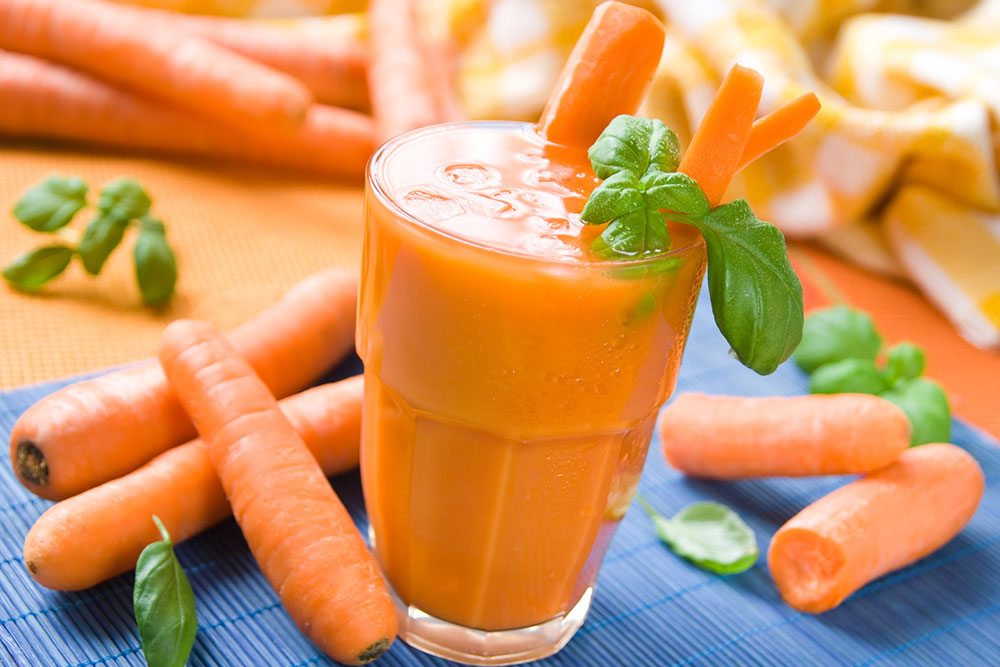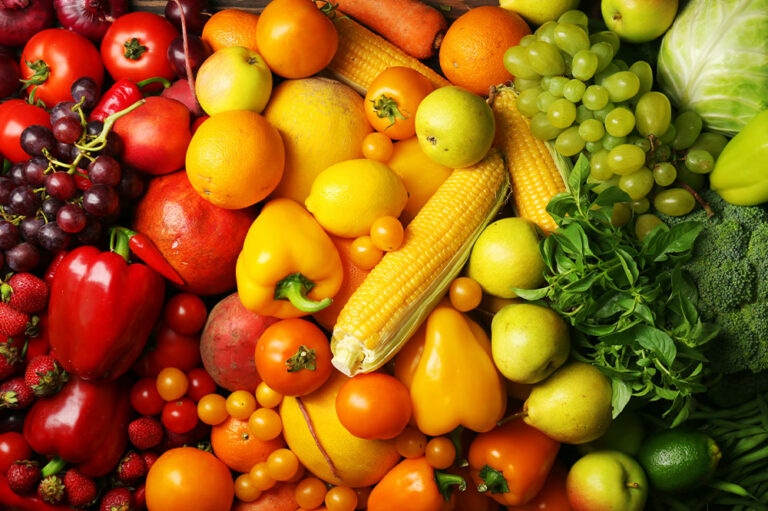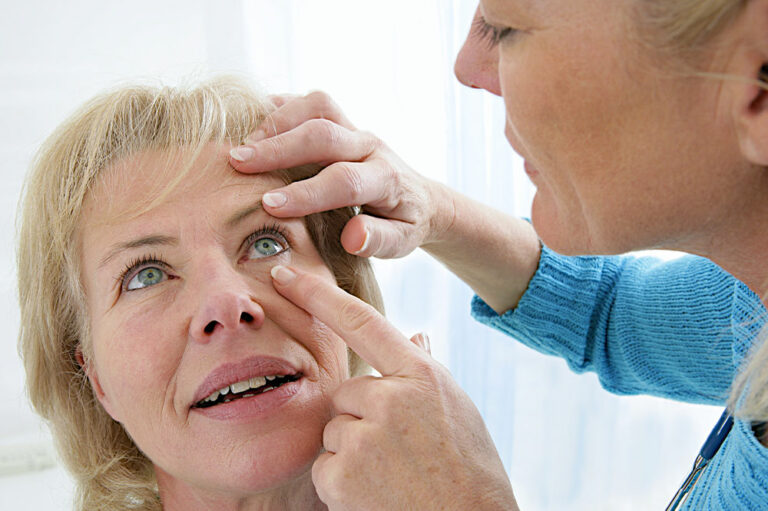
10 foods that help manage the symptoms of skin cancer
Skin cancer is a severe condition that affects thousands of people in the country. While treatments are essential, a holistic approach to managing the disease might also be beneficial. One approach involves incorporating foods that offer potential benefits in alleviating the symptoms of cancer and supporting overall skin health. Here are ten foods and their benefits that may help improve symptoms when an individual integrates them into their regular meal regime.
Broccoli
Broccoli contains sulforaphane, a potent compound with potential anti-cancer properties. Research suggests that sulforaphane may inhibit the growth of skin cancer cells by promoting their self-destruction and reducing their ability to multiply. Additionally, broccoli is rich in antioxidants like vitamins C and E, which help protect skin cells from oxidative damage that may contribute to skin cancer development. So incorporating broccoli into one’s meal plan may support cancer prevention and boost overall skin health.
Blueberries
Blueberries are packed with antioxidants, particularly anthocyanins and vitamin C, which potentially benefit those with skin cancer. These antioxidants help combat oxidative stress, reducing cellular damage caused by free radicals, which might contribute to skin cancer. Moreover, blueberries have been associated with anti-inflammatory properties, which may aid in managing skin cancer symptoms. Other berry sources that may help manage skin cancer include raspberries and strawberries.
Salmon
Salmon is rich in omega-3 fatty acids, particularly EPA and DHA, which offer potential benefits in reducing the risk of skin cancer. Omega-3s possess anti-inflammatory properties that may help modulate the inflammatory response associated with skin cancer development. Additionally, these fatty acids support skin health by maintaining moisture and elasticity. Salmon also contains astaxanthin, a potent antioxidant that may protect skin cells from UV damage, a risk factor for skin cancer. Individuals could also include other healthy fatty fish sources in their meals, such as sardines and mackerel.
Green tea
Green tea, abundant in polyphenols such as epigallocatechin gallate (EGCG), offers potential benefits for skin cancer. EGCG is a powerful antioxidant with the potential to neutralize free radicals induced by UV radiation, reducing DNA damage and inflammation caused by sun exposure. This protective effect may lower the risk of skin cancer development. Furthermore, EGCG has shown promise in inducing apoptosis (programmed cell death) in cancer cells while sparing healthy cells, which may help control the growth and spread of skin cancer. It also possesses anti-inflammatory properties that could mitigate chronic inflammation, a risk factor for various cancers, including skin cancer.
Tomatoes
Tomatoes contain lycopene, a strong antioxidant known for its potential benefits in reducing the risk of skin cancer. Lycopene helps protect the skin from harmful UV radiation, a major contributor to skin cancer development. It neutralizes free radicals and prevents oxidative damage. Incorporating tomatoes into one’s meal regime could enhance the skin’s natural defense mechanisms against UV-induced skin damage.
Almonds
Sources of nuts, like almonds, could be beneficial for skin cancer prevention and management due to their rich content of vitamin E and other compounds. Vitamin E is a powerful antioxidant that helps protect skin cells from oxidative stress, which could contribute to skin cancer development. Regular intake of almonds may enhance the skin’s ability to counteract the harmful effects of UV radiation and other environmental factors. Moreover, almonds provide essential fatty acids, including omega-3s and omega-6s, which support overall skin health. These healthy fats may help maintain skin moisture and elasticity, reducing the risk of dryness and damage that may increase susceptibility to skin cancer.
Turmeric
Turmeric, a staple ingredient in most homes, boasts a compound called curcumin with notable potential benefits for skin cancer prevention and management. Curcumin is renowned for its robust anti-inflammatory and antioxidant properties, which might have a positive impact on skin health. Some studies indicate that the compound may inhibit the growth of cancer cells, including those associated with skin cancer. It achieves this by targeting multiple pathways involved in cancer development, such as inflammation and oxidative stress. Additionally, curcumin may promote apoptosis, or programmed cell death, in cancer cells while sparing healthy ones. It may also play a role in reducing the risk of skin cancer by protecting the skin from UV radiation-induced damage, a major risk factor for skin cancer.
Oranges
The fruits are renowned for their rich vitamin C content, and this nutrient plays a vital role in promoting skin health and potentially aiding in the prevention and management of skin cancer. Lemons and grapefruits are also citrus fruits rich in this vitamin. The potent antioxidant helps combat free radicals and oxidative stress that might damage skin cells and potentially contribute to skin cancer development. By neutralizing these harmful molecules, vitamin C supports the skin’s natural defense mechanisms against UV radiation and other environmental factors. Furthermore, vitamin C also accelerates collagen production, a protein crucial for maintaining skin structure and elasticity. A well-maintained skin barrier is more resilient to damage and may be better equipped to resist cancerous changes.
Carrots
Carrots offer a range of benefits that may aid in the prevention and management of skin cancer. Rich in carotenoids, particularly beta-carotene, they provide antioxidants that help shield the skin against harmful UV radiation, a significant risk factor for skin cancer. These antioxidants neutralize free radicals, reduce oxidative stress, and minimize DNA damage in skin cells. Beta-carotene could enhance the skin’s natural defenses by promoting the production of melanin, a pigment that offers some level of sun protection. This could make carrots a valuable addition to a holistic approach to skin cancer prevention and maintaining overall skin health.
Garlic
Garlic is known for its pungent flavor and numerous health benefits, including those indicated for skin cancer. It contains a bioactive compound called allicin, which has shown potential in the context of skin cancer prevention and management. Allicin is renowned for its anti-inflammatory and immune-boosting properties. Chronic inflammation is a known factor in cancer development, including skin cancer. Garlic’s anti-inflammatory effects may help reduce skin inflammation and mitigate the risk of skin cancer progression. The compound exhibits antioxidant properties, aiding in the protection of skin cells against oxidative stress, a key factor in skin cancer formation.







